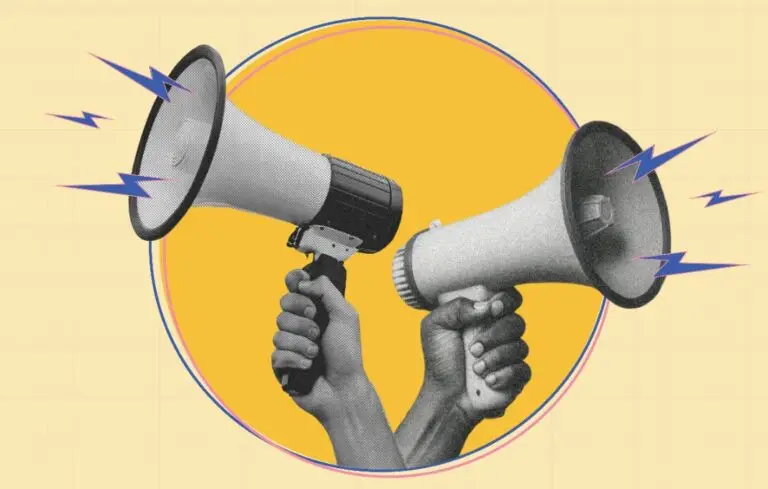CEOs witnessed the intensity of President Trump’s “America First” sentiments right out of the chute as he quickly pulled the nation out of the Trans-Pacific Partnership and effectively scuttled that tentative 12-nation trade agreement, put Mexico on notice for its trade imbalance with its neighbor to the north, buttonholed large-company CEOs to keep or bring back specific hundreds of jobs to the United States and didn’t back away from his threat to slap huge tariffs on imported goods. Congressional Republicans, meanwhile, are calling for a “border tax.”
The consensus of mid-market executives witnessing these early antics was that Trump didn’t really want to start a trade war but that, instead, he was aiming for a renegotiation of a North American Free Trade Agreement that many feel is outdated and skewed against the United States. And that the new president was letting the rest of the world know he would be equally tough with them.
“Let’s not get into a massive trade war with anyone,” cautioned John Berger, CEO of Sunnova, a solar-energy equipment maker. “But we understand that there needs to be modification to trade agreements that are a bit one-sided. You’ve got to be tough in a leadership position, and he’s certainly that.”
Similarly, said David Cobb, CEO of MMI Outdoor, a maker of military gear, “I’m a free-trade guy, but I do think a lot of our trade deals aren’t on a level playing field. We kind of give away everything. This man is a negotiator. So, when he says, ‘We’re going to do Plan A,’ he’s not really looking to do Plan A. The person on the other side of the table is at ‘C,’ and Trump really wants to get to ‘B.’”
But Dan Sandberg, CEO of Brembo North America, the U.S. arm of an Italian company that makes automotive brakes, cautioned against “the overall impact” of changes in trade policies on industries like cars and on “consumer demand,” worrying that tariffs on Mexican manufactured goods would greatly boost prices of vehicles for Americans.







